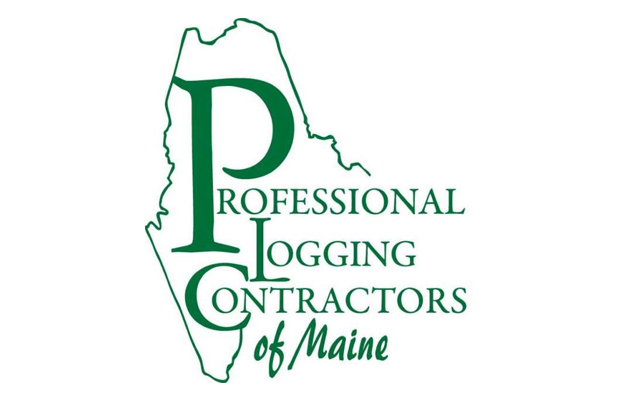AUGUSTA, Maine — The Professional Logging Contractors (PLC) of Maine is applauding the announcement that $200 million in aid for timber harvesters and haulers has been included in a bipartisan $908 billion Senate COVID-19 relief package.
Congress reached a deal on the package over the weekend of Dec. 19-20, with a vote slated for Dec. 21.
The aid would go to timber harvesting and hauling businesses that have, as a result of the COVID–19 pandemic, experienced a loss of not less than 10 percent in gross revenue during the period beginning on Jan. 1, 2020, and ending on Dec. 1, 2020, as compared to the gross revenue of the eligible entity during the same period in 2019.
“This announcement is a historic one not only for Maine’s timber harvesters and haulers, but for the entire industry in the United States,” Dana Doran, executive director of the Professional Logging Contractors of Maine, said.
“Those businesses have fought for months to survive the economic effects of the pandemic without direct aid as they watched other industries receive help, and now we must ensure that this aid reaches them before it is too late,” Doran said.
Most Maine logging contractors who are members of the PLC, the state’s trade association for timber harvesters and haulers, are reporting a 30-40 percent reduction in wood markets in 2020. Many are suffering severe revenue losses, layoffs, loss of clients, reduced productivity and inability to plan for the future. The economic effects of the pandemic and the loss of the Pixelle Specialty Solutions pulp mill in Jay to an explosion have created a perfect storm for the industry.
While Maine’s entire Congressional delegation and representatives of other timber-producing states have supported aid proposals for U.S. timber harvesters and haulers for months, the industry has seen no relief from previous packages that have aided farmers, fishermen, and even growers of Christmas trees.
Most recently, the Sept. 18 launch of the nation’s second agriculture pandemic relief package, Coronavirus Food Assistance Program 2 (CFAP2), provided $14 billion and added tobacco, hemp and Christmas trees to the list of eligible crops, with timber left off the list.
In response, a bipartisan group of legislators from across the U.S., including Maine Sens. Susan Collins and Angus King and Reps. Jared Golden and Chellie Pingree, fired off letters to Agriculture Secretary Sonny Perdue seeking a change in CFAP that would allow loggers to qualify for aid. The change was denied.
“Maine’s heritage industries of fishing, farming and logging need support in this time of crisis, yet loggers have been left to fend for themselves as farmers and fishermen receive help,” Doran said. “This must change if the industry is to survive and we are hopeful that at long last, with this aid proposal, loggers will not be left behind.”
Maine’s loggers are a vital part of the state’s forest products sector, which is worth an estimated $7.7 billion annually, according to the PLC.
The logging industry contributed an estimated $619 million to the Maine economy in 2017, supported more than 9,000 jobs directly or indirectly, generated $342 million in labor income, and pumped an estimated $25 million into state and local tax coffers.
Founded in 1995 with a handful of members who were concerned about the future of the industry, the PLC is a statewide trade association which provides independent logging contractors and truckers a voice in the rapidly changing forest products industry. Board membership consists of only loggers, making it an organization that is run by loggers on behalf of loggers.
Learn more about the PLC at www.maineloggers.com.








